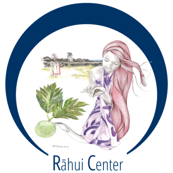This publication deals with an ancient institution in Eastern Polynesia called the rāhui, a form of restricting access to resources and/or territories. This book assembles a comprehensive collection of current works on the rāhui from a legal pluralism perspective. This study as a whole underlines the new assertion of identity that has flowed from the cultural dimension of the rāhui. Today, rāhui have become a means for indigenous communities to be fully recognised on a political level. Some indigenous communities choose to restore the rāhui in order to preserve political control of their territory or, in some cases, to get it back. For the state, better control of the rāhui represents a way of asserting its legitimacy and its sovereignty, in the face of this reassertion by indigenous communities.
